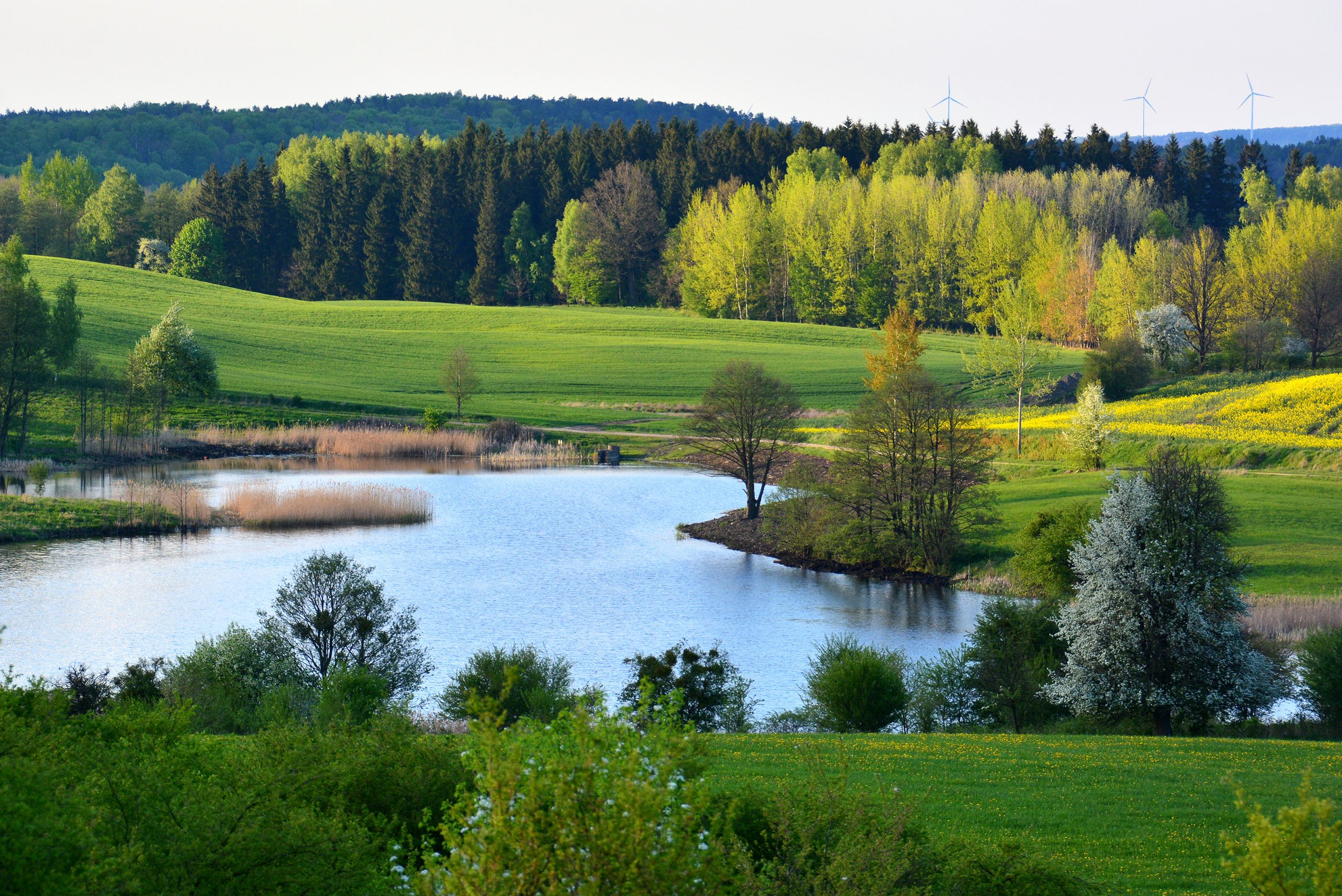Beekeeping Offers Work and Rehabilitation for Vets
July 03, 2016
Bee Colony Collapse, Honey, Honey Bees
Upon retiring from the Army this past March, Sgt. 1st Class Ben Finch had the plan of expanding his vegetable farm at his Fort Polk home in Louisiana into a larger, commercial operation, and he’s discovered one of the best ways to do this is through honeybees and beekeeping. “Beekeeping looks like a natural way to expand our farm,” Finch said. “It’s the next step for us [Finch and his wife]. It’d be nice if we can turn this from a hobby into something commercial.” In order to start this goal, Finch, along with nine other active-duty and retired military participants, attended a beekeeping workshop, hosted by the US Department of Agriculture’s Agricultural Research Service (USDA-ARS) and the Louisiana Armed Forces Foundation.
According to Mike Simone-Finstrom, a USDA-ARS research molecular biologist, the idea behind this workshop and partnering with the Foundation was to present an opportunity to members of the military and give back to them. “The idea of using agriculture and beekeeping for veteran rehabilitation is something actually happening across the country—West Virginia, D.C., Minnesota,” Simone-Finstrom said. “It seems like a really great way to use our extremely specialized expertise to give back in a productive way.”
The researchers of this Baton Rouge lab, where the workshop took place, work primarily to develop elite honeybee strains, which includes analyzing Russian bees, the reportedly toughest bees around given what many know about Russian winters—which should speak to their expertise in bees and working with strong creatures. Covering everything from Beekeeping 101 to honey extraction and commonly encountered pests, this workshop took place during National Pollinator Week, which was created nine years ago by Congress to build awareness of declining honeybee populations—a fact tying well to veterans seeking work or, even better, rehabilitation after active duty, with program sponsors calling it “therapeutic.”
Simone-Finstrom noted beekeeping presents a “money-making” opportunity for veterans seeking a new business venture, with Homegrown By Heroes often helping market their products. Even more so, however, beekeeping provides the chance for veterans to, as said by volunteer Troy Coleman, “get out of the hustle and bustle of everyday life…not fighting rush-hour traffic,” but “getting out in nature, looking at the flowers and the trees.” Beekeeping is said to captivate one’s complete attention and to prevent the mind from wandering, keeping one focused on the “here and now.”
Whether using beekeeping to create “a bartering tool” with other military families or to find relief in the complete focus agriculture requires, Louisiana veterans have a way in which to explore and learn a new trade, one that can also provide a therapy of sorts without ever having to use the word.


.jpg)




